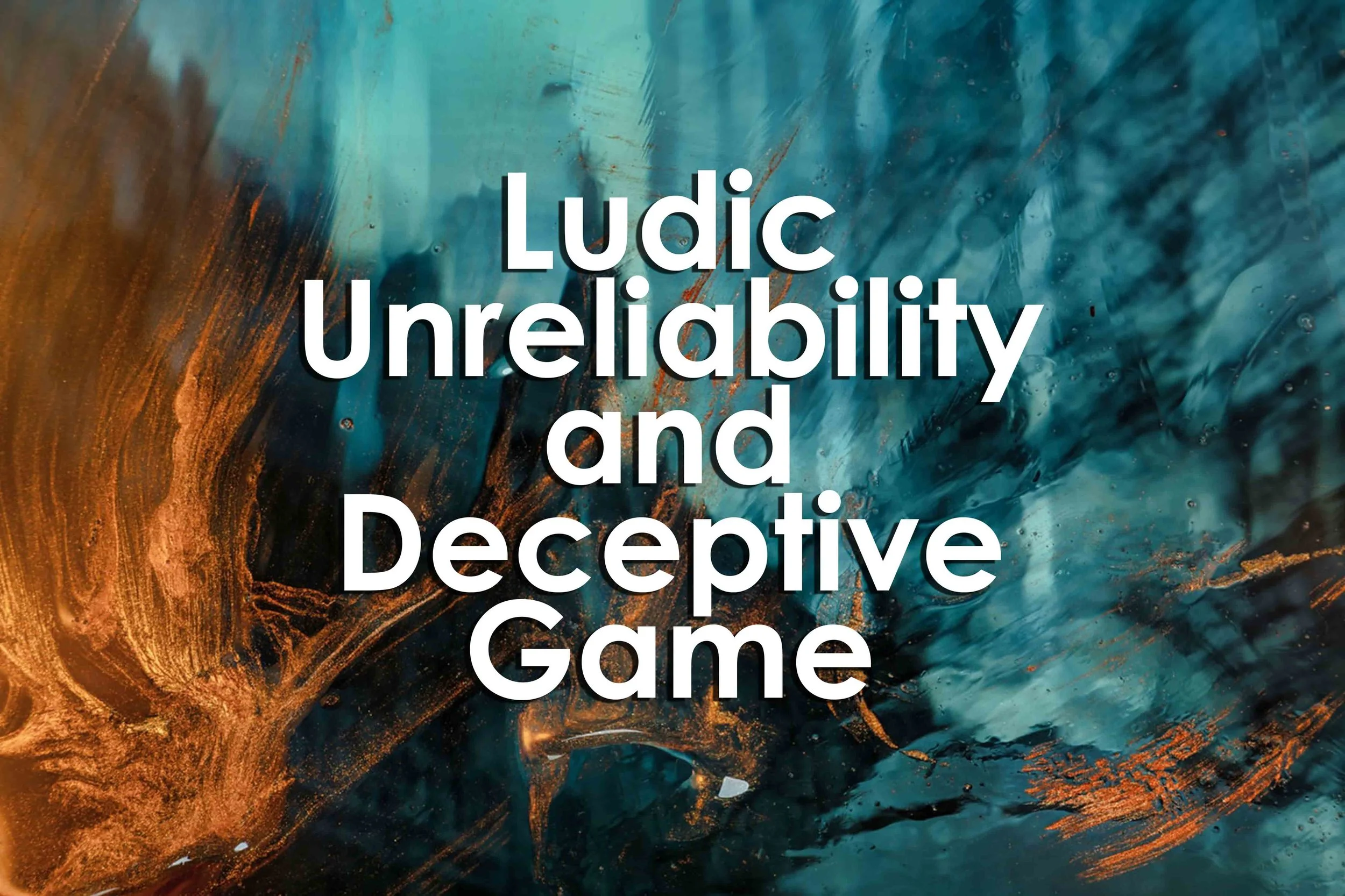Ludic Unreliability and Deceptive Game Design
Ludic Unreliability and Deceptive Game Design
Ludic Unreliability and Deceptive Game Design
By Stefano Gualeni and Nele Van de Mosselaer
Abstract
“Drawing from narratology and design studies, this article makes use of the notions of the ‘implieddesigner’ and ‘ludic unreliability’ to understand deceptive game design as a specific subset of transgressive game design. More specifically, in this text we present deceptive game design as the deliberate attempt to misguide players’ inferences about the designers’ intentions. Furthermore, we arguethat deceptive design should not merely be taken as a set of design choices aimed at misleadingplayers in their efforts to understand the game, but also as decisions devised to give rise to experiential and emotional effects that are in the interest of players. Finally, we propose to introduce a distinction between two varieties of deceptive design approaches based on whether they operate in anovert or a covert fashion in relation to player experience. Our analysis casts light on expressive possibilities that are not customarily part of the dominant paradigm of user-centered design, and can inform game designers in their pursuit of wider and more nuanced creative aspirations.”
Reference
Gualeni, S., &; Mosselaer, N. (2021, September 30). Stefano Gualeni &; Nele van de Mosselaer, ludic unreliability and Deceptive Game Design - Philpapers. Retrieved February 10, 2022, from https://philpapers.org/rec/GUALUA
Keyword
Game design, deceptive design, deceptive game design, transgressive game design, ludic unreliability, implied designer, meta-reflexivity, self-reflexive games, research

